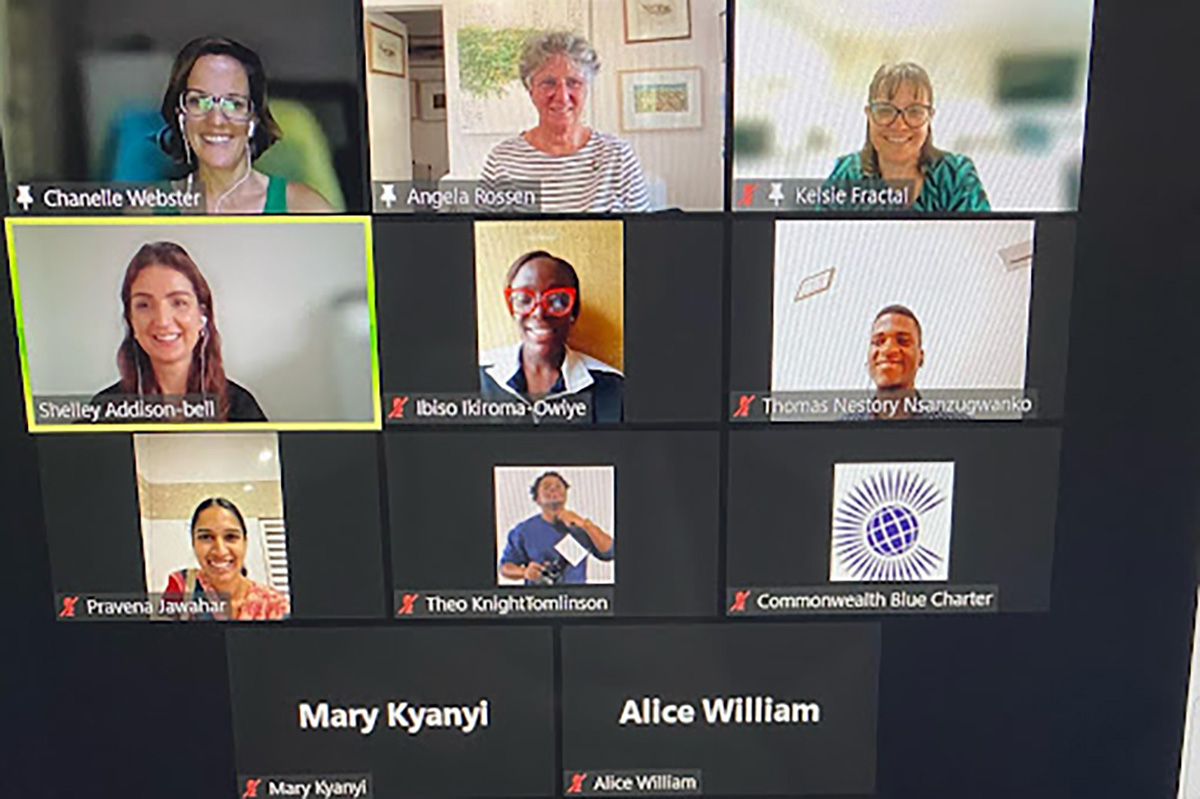“Prices don’t affect new jobs in oil industry”
September 29th, 2016 One might think that oil prices indicate the number of job opportunities in that field, but as Shastri Sookdeo, 27, a Correspondent from Trinidad now living in Amsterdam explains, the relationship between prices and jobs is not linear.
One might think that oil prices indicate the number of job opportunities in that field, but as Shastri Sookdeo, 27, a Correspondent from Trinidad now living in Amsterdam explains, the relationship between prices and jobs is not linear.
The job market is, like every other market, affected by the laws of supply and demand. When I graduated in June 2010, the West Texas Intermediate WTI crude price was $81.25. That was the lowest value oil would be at until October, 2014, when the slide in oil prices began.
I have never worked in the oil and gas industry. It’s not from lack of trying. Working for an oil company allows regular travel opportunities and travel has always been a huge motivation for me. Nominally, according to my undergraduate degree, I’m an engineer (though I haven’t worked as one for almost four years). Oil companies have more demand for engineers than several other degree specialisations, yet whilst the oil price stayed above $100 for the vast majority of my job search, I was continuously out of luck.
However, I was not an exceptional graduate and was closer to the mid-level band of my graduating class than the upper percentiles. But, if we assume the rise in price of oil means more hiring, then we should assume there would be more engineers hired. I could have written it off as an anomaly that I was passed over for jobs, but several members of my graduating class with the same quality of Honours that I possessed were not able to secure jobs or even training positions with an oil and gas company.
What does this mean? It means that oil companies have stringent criteria for hiring, as they should. In a technical field like engineering, when things go badly, it doesn’t just affect profits or share price but can affect the environment at large (such as BP in the Gulf of Mexico).
Whatever the price of oil, companies will not expand hiring greatly at the graduate level. There are too many oil companies, each with a stable share of the market, to risk hiring below the “quality level” of graduate the industry has set. If there were a shortage of engineers, then perhaps there would be flexibility, but the supply of graduate engineers is very high in Trinidad. My graduating class of Mechanical Engineering had more than 100 students, with similar figures for other engineering streams. There is ample opportunity for oil companies to select those elite graduates for their training programmes since that supply clearly outstrips demand. The idea that engineering is always in demand is frequently spouted at secondary school students, not just in Trinidad, but across most of North America. Even the USA, which has been speaking of a lack of engineers for years, could find itself with an oversupply issue (http://www.theatlantic.com/education/archive/2014/03/the-myth-of-the-science-and-engineering-shortage/284359/).
The market share for each company is usually stable as oil extraction is a long term process and the service companies are equally tied to long term contracts. But with the current low prices the market turmoil should cause redefining of previous market share and a possible turf war, especially for service companies such as Schlumberger, Halliburton and Baker Hughes. This is especially relevant for those people who already have jobs with those companies. But for graduates trying to get into those companies, it makes very little difference.
Unlike Canada or the United States, with oil sands and shale respectively, there is no huge discovery on the horizon in Trinidad (not least because the geographical area of our borders forestall it). There is unlikely to be increased hiring. In fact, despite the low oil price, the oil and gas companies in Trinidad have little reason to be anything but stable. The size of operations in Trinidad for any global oil company is a tiny fraction of their global revenue and costs and cutting jobs would not make a huge difference to their profitability. This, of course, does not mean that there cannot be layoffs, as in 2014 and 2015 employees in certain petroleum companies were given the option of voluntary leave. However, such a cost cutting measure would have little effect on overall cost reduction and is possibly a knee-jerk reaction.
For graduates trying to find work in the oil and gas industry, very little is likely to change. The oil companies will probably still hire the top of the graduating class for their training programmes and then send the best of the training programs to work abroad. Networking, as always, remains paramount. And the catch-22 – that work experience is the most valuable measure of hiring potential – remains as solid as ever. These things have never depended on oil prices and continue to be the most relevant points to keep in mind when looking for a job. Finding a way around them is another matter entirely.
photo credit: ST33VO Global Santa Fe Rig 140 via photopin (license)
…………………………………………………………………………………………………………………
About me: I most recently worked as an operations analyst with a focus on procurement. My interests are sports, foreign languages, travel and cooking. My studies in finance have also given me a fascination for currency markets and international trade.
My ambition is to be able to travel extensively and attempt to document and describe the intricacies of the many diverse sporting and culinary cultures across the world.
…………………………………………………………………………………………………………………
Opinions expressed in this article are those of the author and do not necessarily represent the views of the Commonwealth Youth Programme. Articles are published in a spirit of dialogue, respect and understanding. If you disagree, why not submit a response?
To learn more about becoming a Commonwealth Correspondent please visit: http://www.yourcommonwealth.org/submit-articles/
…………………………………………………………………………………………………………………




